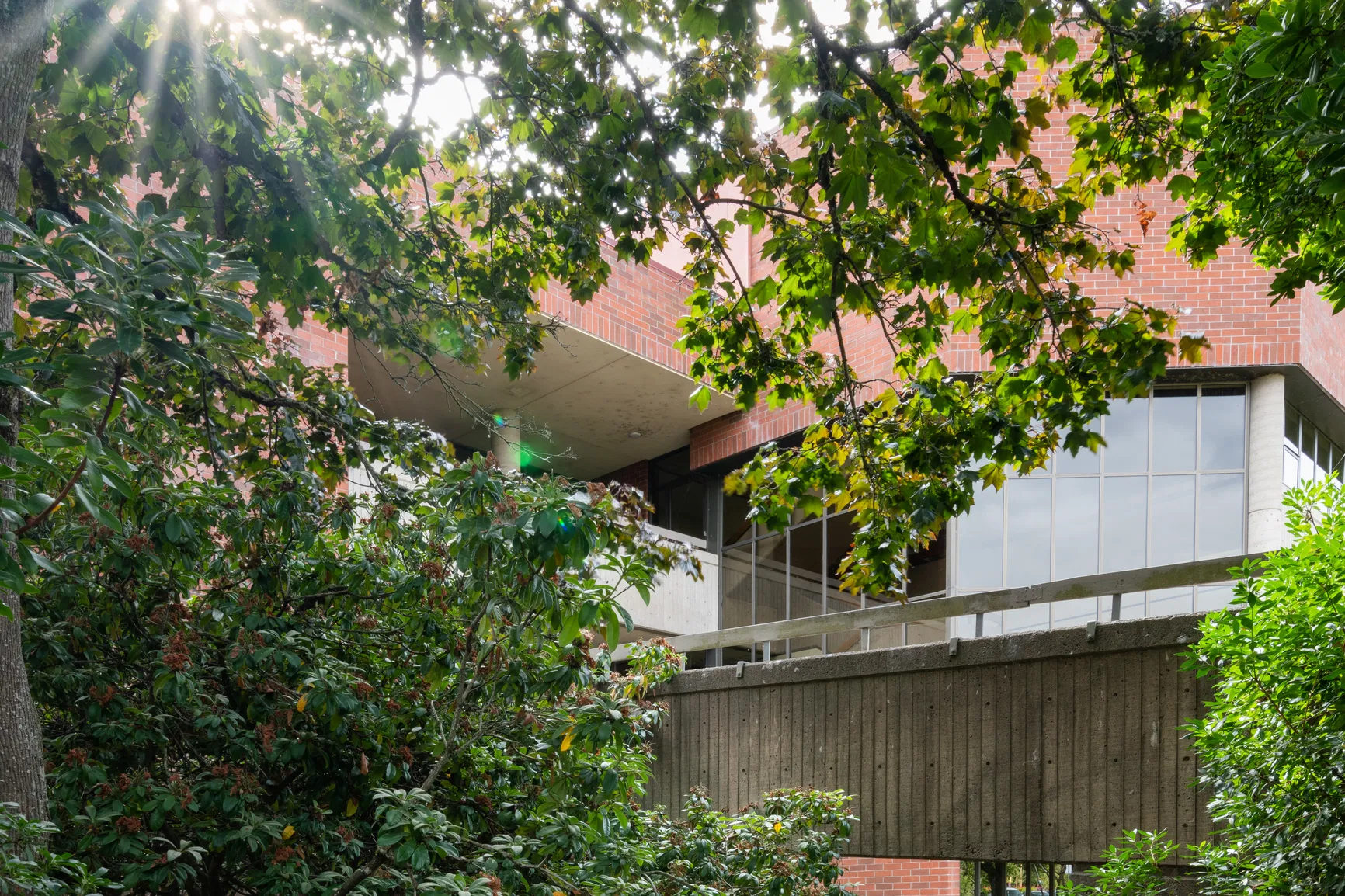The path to launching your professional career starts with choosing the right MBA program. Willamette’s full-time MBA for Early Career and Career Change is designed to prepare you for success in business, government, or nonprofit sectors. Through hands-on learning and real-world experience, this program is perfect for students looking to start their careers, switch fields, or take the next step toward leadership.
We welcome applicants from across the U.S. and around the globe. Our admissions process looks beyond the numbers—we evaluate your academic performance, leadership potential, unique experiences, and how you’ll contribute to our dynamic, collaborative community.
No prior work experience? No problem. Willamette’s MBA program builds your professional skills through client projects, internships, an innovative curriculum, and career services that set you up for success in today’s competitive job market.
Best of all? There’s no application fee, so you can explore the Willamette MBA risk-free to see if it’s the right fit for you.
At Atkinson, we don’t see you as just a collection of test scores and grades. Sure, graduate exam scores and transcripts are important, but they’re only part of your story. We take a holistic approach, reviewing each candidate to ensure you’re ready to thrive in a program that emphasizes experiential learning, teamwork, and leadership development.
Our students come from all walks of life—from big cities and small towns, with backgrounds ranging from liberal arts to engineering and business. The average age is 21-23, and many are recent college grads looking to fast-track their careers. Others are seeking to pivot into new fields.
Willamette MBA students support and challenge each other, both in and out of the classroom, and build lifelong friendships. Whether your goal is to lead in business, government, or the nonprofit world, you’ll find a community here that’s ready to help you make a difference.
And with our commitment to the Willamette motto, "Not unto ourselves alone are we born," you’ll be part of a program dedicated to bettering the world through personal and professional growth.
